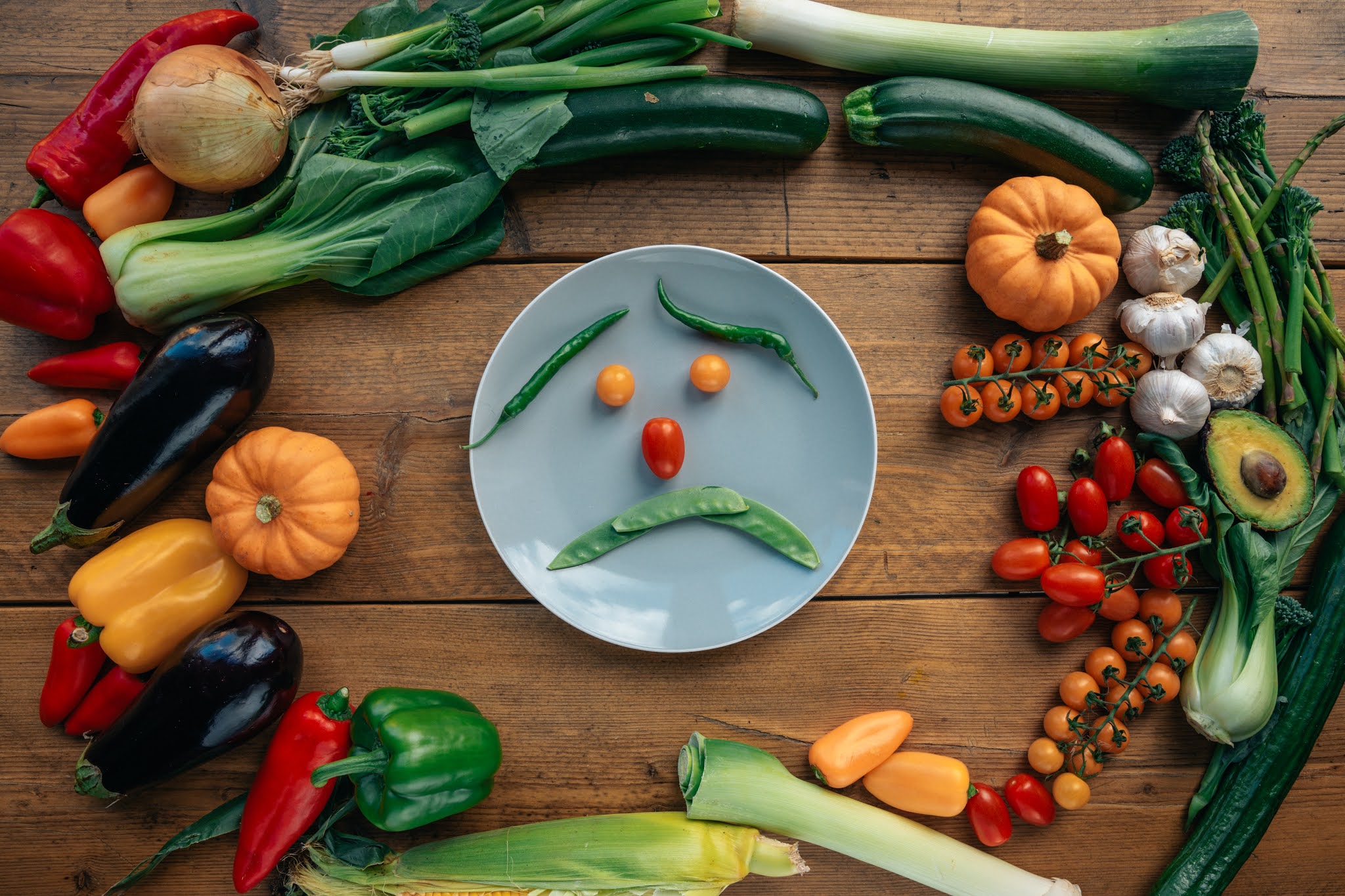AD - this contains paid partnership links
It happened two years ago but I remember it like it was yesterday. There's nothing scarier for a parent than to see their child sick and not knowing what caused it and how to make it go away. Finding out that my daughter had a strawberry allergy was not a walk in the park and to be completely honest with you, it scared me.
Since no one in my family had allergies I didn't know much about this and in my mind, I thought that maybe she has just a little food intolerance that will quickly go away. That wasn't the case! Since then I did my research and learned better the difference between a food allergy and food intolerance and because I don't want anyone to go through what I did, I will share what I found out with you.
What is a food allergy?
Food allergy is an immune system response and it happens when a person’s immune system treats a substance (allergen) as something harmful. To protect itself, the body will release histamine and this is what causes the unpleasant and even dangerous symptoms. The unpleasant reaction can start very suddenly even after being exposed to a small amount of the allergen.
The most common food allergies are:
- peanuts
- eggs
- shellfish
- milk
- wheat
Usually, food allergies affect about 1 percent of adults and 7 percent of children, although some children outgrow their allergies.
Symptoms of a food allergy can range from mild to severe, and the amount of food necessary to trigger a reaction varies from person to person. Symptoms of a food allergy may include:
- rashes
- nausea
- stomach pain
- itchy skin
- shortness of breath
- chest pain
- swelling of the airways to the lungs
All these symptoms are serious but there is one symptom in particular that can be also fatal if not treated immediately. I am talking about the anaphylactic shock. This reaction involves a sudden drop in blood pressure, loss of consciousness and body system failure.
How can you find out if your child or you have a food allergy?
The first thing that I would say is the hard way, unfortunately. Often, you have to eat a certain food more than once to see if you're really allergic to it or not. For example, my daughter tried strawberries several times without any problems until the first symptoms appeared.
Of course, as a parent you would like to know these things first hand and not wait till your child is sick in order to find out he/she has a food allergy and that's where
allergy testing comes into the picture. By learning what triggers an allergy you can learn how to handle it better and faster.
I know that usually, you have to make a doctor's appointment and several tests in order to determine that you suffer from an allergy but what if you could do that from the comfort of your own home? Sounds nice, right? Especially in these times when going to the doctor's is not as easy as it was, a
home allergy test can give you the answers that you're looking for and help you manage your symptoms better.
There is light at the end of the tunnel
I know that having someone in the family with one or more food allergies can be quite a challenge. So many new recipes that you have to think about, so many things to be extra careful but there is also good news. Some food allergies fade away completely, with many children managing to outgrow those allergies before they leave pre-school.
What is food intolerance?
Food intolerance is a digestive system response and it occurs when something in a food irritates a person’s digestive system or when a person is unable to properly digest, or break down, the food.
Symptoms in food intolerance include:
- stomach pain
- nausea
- heartburn
- vomiting
- headaches
- irritability
- cramps and bloating
The most common food intolerance is lactose intolerance. Lactose intolerance happens when the body doesn’t produce enough of the enzyme lactase to fully break down the sugar (lactose) found in most dairy products. For most people, lactose intolerance develops over time as the body produces less lactase. Depending on the severity of your symptoms, you may need to avoid or limit foods that contain lactose.
Can you treat food intolerance?
There isn't a specific treatment for food intolerance. The best you can do is to avoid or reduce the consumption of the foods that give you problems and treat the symptoms you have when you do eat something that you shouldn't have. For example, taking an antiacid medication for heartburn.
Conclusion
Having a food allergy or food intolerance is not easy but it's also not the end of the world. If you do the proper testing and you know upfront with what you're dealing with, everything else will fall into place and you'll be able to enjoy your like and good food just like anyone else.





No comments